International Advisory Committee Convenes to Discuss HSE University’s Domestic Partnership Programmes
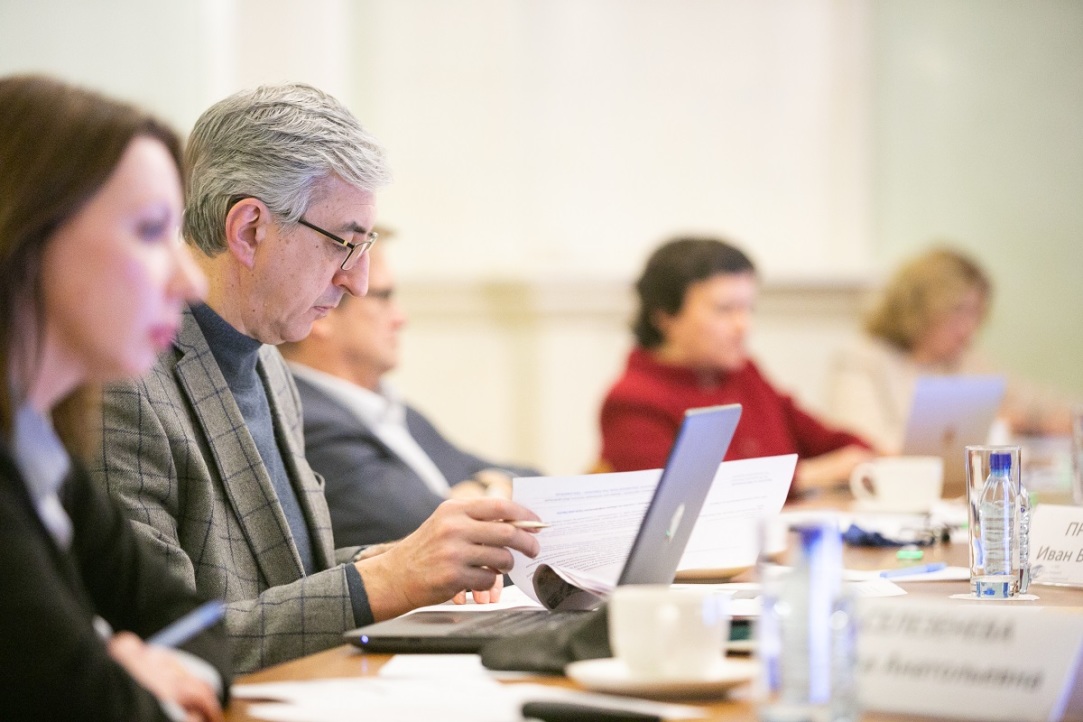
On February 17, HSE University’s International Advisory Committee met over Zoom to discuss the University’s recent activity and the progress of a number of projects being implemented under HSE University’s University Partnership Programme, which aims to strengthen partnerships and academic collaboration between HSE and other universities in Russia.
The meeting was moderated by HSE Vice Rector Ivan Prostakov and led by First Vice Rector Vadim Radaev. Vice Rector Maria Yudkevich, Deputy Vice Rector Pavel Travkin, Anna Garmonova (Director, Centre for Regional University Partnerships), and Olga Selezeneva (Deputy Head, International Cooperation Office) provided updates on the progress, achievements, and current tasks of the University Partnership Programme, which consists of six components.
The meeting was attended by international members of the HSE University International Advisory Committee, which is chaired by Professor Eric Maskin (Adams University Professor, Harvard University) and includes members from universities and educational institutions in the United States, Brazil, China, Qatar, and Ireland.

Covid Update
First Vice Rector Vadim Radaev delivered opening remarks with an update on HSE University’s plans for a return to face-to-face instruction. Despite downward trends in official statistics, HSE plans to continue remote instruction until the beginning of April. Once in-person classes begin, the University will preserve restrictions on mass gatherings and require mask-wearing.
HSE University is currently the only university that offers its students, employees, and employee family members the opportunity to get vaccinated on campus.
‘In a short while,’ he said, ‘we will come back to normal, or rather to a “new normal” as people say now.’ The ‘new normal’, he explained, will include hybrid formats as well as the opportunity for colleagues who are of advanced age or who have medical conditions to continue working from home.
University Partnership Programme
Professor Radaev provided the Committee with a brief overview of the University Partnership Programme (UPP). Begun in September 2019, the programme aims to develop and expand partnerships with Russian universities and enrich Russia’s academic community.
Six elements make up the programme:
HSE University Russian Postdoctoral Fellowship Programme;
Mirror Laboratories Open Project Competition;
Support for journal publications by authors from universities in Russia’s regions;
Internships for scholars and administrative staff from Russian universities;
e-courses in Russian universities’ curricula;
Visiting Researchers Programme.
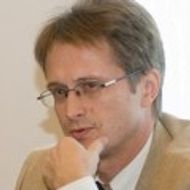
Vadim Radaev, First Vice Rector of HSE University
The programme was motivated by a number of factors. First, we see an increasing gap between a relatively small group of leading Russian universities which are developing quickly, climbing the global rankings, and internationalizing their faculties and student bodies, and, on the other side, other Russian universities in other regions of the country, which are not doing as well. We feel that this gap is detrimental to the whole of the Russian academic community, and we believe that the leading national universities have to work to close this gap. We also believe it should be part of a university’s mission to facilitate the integration of the Russian academic community.
The second reason is connected to first one: since the 1990s, many universities have largely deteriorated. In fact many of us were quite active in establishing international links with universities worldwide, but not so active—in fact, much less active when compared to Soviet times—in maintaining links with Russian partners.
There is a lot we can learn from each other. We would like to exchange best practices and experiences and benefit from this cooperation.
Russian Postdoctoral Fellowships
Vice Rector Maria Yudkevich then gave a presentation about the HSE University Russian Postdoctoral Fellowship Programme, in which she discussed results and challenges. The programme, she said, was in part inspired by the success HSE University has had with its international postdoctoral programme. Now, the University would like to foster similar success among its partner universities in Russia.
We believe that to be competitive in the international arena, to be a part of the global academic community, we need to be strong, have a strong academic system in the country
Launched in 2018, the Russian Postdoctoral Fellowship Programme has three main aims: to strengthen contacts between HSE and other Russian educational and research organizations; to enhance the academic community of these organizations through the engagement of programme alumni; and to attract talented emerging scholars to HSE University. The programme now hosts over 50 postdoctoral fellows (who collectively represent 26 Russian cities) in 39 departments at HSE University’s campuses in Moscow, St. Petersburg, and Perm.
The programme has yielded 53 research projects (completed or in progress), over 100 publications, and over 20 grants from Russian state research funds. Although the programme is still quite small, she said, ‘we believe that the exchanged best practices are quite important at the national level.’ A task which the programme continues to pursue, Vice Rector Yudkevich noted, is boosting postdoctoral fellows’ competitiveness on the international labour market.
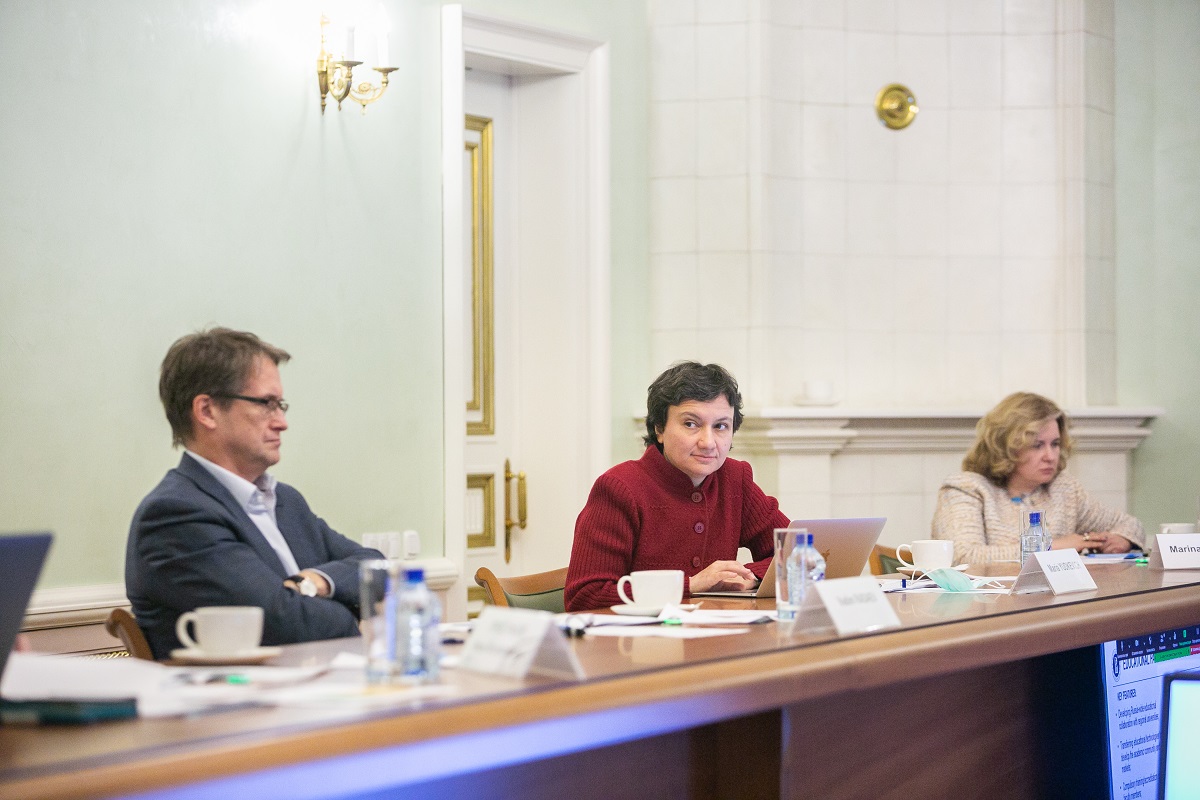
Mirror Laboratories
Vice Rector Yudkevich then turned to HSE University’s Mirror Laboratories Project, which is a three-year project (with the possibility of extension) that aims to promote scientific and academic collaboration between HSE and other Russian universities. Partner universities involved in the programme contribute equal funds to joint projects and enjoy shared access to data, training programmes and more. It particularly focuses on emerging researchers at the BA, MA, and PhD levels.
The project held its first competition in 2020. Initially, HSE University planned to support three winning projects. However, of the 33 applications received from 27 Russian universities, 13 projects in partnership with 11 Russian universities were approved. One approved project, implemented jointly with Far Eastern Federal University and the HSE International Laboratory of Microphysiological Systems, aims to create a microfluidic test platform for testing invitro toxicity of drugs and their permeability through the intestines. The platform will allow scientists to study new drugs without testing them on animals or people. Currently, the team is working with four drugs that could potentially be used for treating oncological diseases.
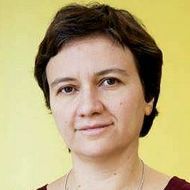
Maria Yudkevich, HSE University Vice Rector
Though only in its first year, the project has already resulted in joint monitoring surveys, databases, joint publications, conferences and other events, increased student involvement in research projects, students and researcher internships at partner universities, and fundraising activity. With so many exciting projects only in the programme’s first four months, we believe next year will be even more successful.
e-Courses and Methodological Support for Partner Universities
Deputy Vice Rector Pavel Travkin took the floor to speak about e-courses in Russian Universities’ curricula and educational partnerships. This component of the UPP, coordinated by the HSE University e-Learning Office, seeks to promote online learning, new approaches to both administration and teaching, as well as the exchange of practical training through network-contracted courses at Russian universities. Under this programme, university partner activity has increased exponentially: while the university network included 3 universities with 148 students in 2015, in 2021 it now includes 41 universities with 5,618 students.
The e-courses programme not only includes shared access to individual courses for students and methodological support for teachers, but double-degree programmes and microdegrees as well. Since 2018, 4 double-degree programmes with 3 partner universities have been launched in areas from media communications (BA) to educational administration (MA) or economics (BA).
Microdegree programmes — bundles of supplementary HSE University courses that can be included in Bachelor’s or Master’s programmes at partner institutions for conferment of a supplemental degree (microdegree) in a specific field — have been launched in data science and computational linguistics.
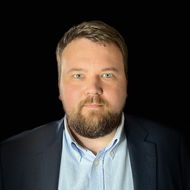
Pavel Travkin, Deputy Vice Rector
Today’s labour market requires people who are trained to work in the digital economy. These people shouldn’t be just programmers. But they should be graduates with knowledge and skills in a wide range of subjects, both digital and sectoral. They should have a firm understanding of what is taking place at all levels of various processes. And the data science specialization programme is crafted to cultivate such well-rounded experts and students.
Internships
Anna Garmonova, Director of HSE University’s Centre for Regional University Partnerships, and Olga Selezeneva, Deputy Head of HSE University’s International Cooperation Office, spoke about the Internship Programme. Funded by HSE University, the programme seeks to strengthen regional partnerships with Russian researchers, doctoral students, and administrators from Russian universities and research centres by awarding paid internships at HSE University to successful candidates.
In addition, the programme features a flexible trajectory, and HSE covers expenses for travel and accommodation in addition to providing a scholarship stipend.
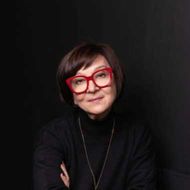
Anna Garmonova, Director of HSE University’s Centre for Regional University Partnerships
The internship programme is fundamentally different from regular professional development programmes. Topics for the internships are developed based on the demand of universities, and the emphasis is not on teaching but on best practices.
Coordinated by the HSE University Centre for Regional University Partnerships, the programme began in 2019, when it hosted 85 interns from 34 regions of Russia. In May 2020, the programme moved online with digital group internships, and in October of 2020, the programme hosted digital individual internships.
All in all, the programme has now hosted 492 interns representing a total of 56 regions and 107 institutions or organizations in Russia. Internships have been completed in almost all key HSE departments.
The programme is particularly impactful in that it serves as a starting point for all projects of the University Partnership Programme—it is often from here new activities and new markets are created, said Olga Selezeneva. She added that as the programme moves forward, they plan to attract more university administrators.
Journal Publication Support
First Vice Rector Vadim Radaev gave a progress report on the fifth component of the University Partnership Programme: support for journal publications by authors from Russian regional universities. This component, coordinated by the HSE University Centre for Staff Continuing Professional Development, aims to bridge the gaps between flagship and regional universities, while also encouraging scholars from regional universities to publish in leading academic journals.
‘This does not imply that we are going to reduce academic standards,’ said Professor Radaev. ‘Rather, we are expanding academic support.’
Under the programme, academic advisors are appointed to assist authors as independent readers and help them bring their manuscripts up to academic journals’ standards. A number of HSE journals participate in the programme, such as the Sociological Review, Business Informatics, and others. The programme was launched in January 2020 and has resulted in 150 manuscript submissions to HSE journals with 84 of them becoming published articles.
Visiting Researchers
Vice Rector Radaev also spoke about HSE’s Visiting Researchers Programme, the sixth and newest component of the UPP, which is slated to start in the second half of 2021. Aimed at increasing national research mobility and intellectual exchange within Russia, the programme will invite Russian degree holders—both emerging and established scholars—who are employed at other universities in Russia. The competition will be held twice a year, in September and March.
In the programme, visiting researchers retain their regional university affiliations while conducting a research project at a research subdivision of HSE
Partnerships Rather than ‘Big Brother’ Assistance
In response to a question from Professor Eric Maskin, Chairperson of the International Advisory Committee, about why this programme was started, Vice Rector Radaev explained that it stems from one of the pillars of the University’s mission, which aims to foster and promote Russia’s academic community. ‘Rather than implementing a “big brother” programme, we realized it would be better strategy to seek partnerships that are beneficial to both sides. And very soon we realized it is a good idea. In these Mirror Labs, for example, we have very skilled and qualified partners from the other side, so increasingly it is about real partnership rather than HSE leading the others,’ he said.
In response to questions about the potential asymmetrical nature of partnerships between HSE University, a leading university in Russia, and other universities in Russia that may be second- or third-tier, Deputy Vice Rector Travkin emphasized that the HSE researchers ‘work with very select groups of students, so the programmes involved remain highly selective.’ Vice Rector Prostakov added that HSE maintains very high standards for its partner institutions.
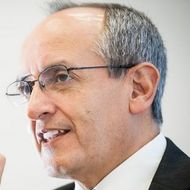
Francisco Marmolejo, member of International Advisory Committee
Education Advisor, Qatar Foundation
I think it is encouraging that HSE is exercising its moral authority on corporate social responsibility to make it viable for lesser developed institutions to develop their expertise and knowledge. I think this is part of the social role that the university has and should have. I applaud the university for doing this.
Anna Garmonova
Director of the Centre for Regional University Partnerships
Eric S. Maskin
Chairman of the International Advisory Committee
Ivan Prostakov
Vice Rector
Vadim Radaev
First Vice Rector
Olga Selezeneva
Deputy Head of International Cooperation Office
Pavel Travkin
Deputy Vice Rector
Maria M. Yudkevich
Vice Rector
See also:
IAC Welcomes New Members and Discusses HSE University Development
On December 1, key areas of HSE University’s recently adopted strategy were presented at the extended meeting of the International Advisory Committee. Outgoing and new members of IAC learnt more about the University’s initiatives in human capital and AI research, as well as about its plans to build a Master’s Engineering School.
‘The Expertise of Members of IAC Will Be Instrumental in the Continuing Development of the University’
On October 5, HSE University’s International Advisory Committee held an online session. Yaroslav Kuzminov, HSE University Academic Supervisor, introduced the new leadership structure of the University and Rector Nikita Anisimov spoke about his vision for HSE University’s development. Meeting participants discussed various aspects of the University strategy.
International Advisory Committee Meeting Focuses on HSE University’s Third Mission
On May 31, International Advisory Committee met online to discuss HSE University’s third mission, its implementation and place in the university strategy. The meeting focused on HSE University’s volunteering and social initiatives, cooperation with non-profits, community engagement, students’ field research trips around Russia, and HSE Business Incubator.
University Codes of Conduct Should Be Concise and Precise
The HSE University International Advisory Committee met online on May 19 to discuss the proposed Codes of Conduct for faculty and students, as well as assess the university’s transition to online learning.
International Advisory Committee Recommends a More Focused Approach
Members of the International Advisory Committee (IAC) and the HSE administration have discussed the results of the committee’s annual meeting.
‘We Are Very Excited by How HSE Continues to Develop’
The eighth annual session of the HSE International Advisory Committee has come to a close. Its chairman Eric Maskin, Nobel laureate in economics, summed up the results of the committee’s work.
International Advisory Committee Meets at HSE: 'The University Is Quick to Respond to Recommendations'
Each year, the HSE International Advisory Committee (IAC) meets in Moscow under the leadership of Nobel laureate Eric Maskin. Committee members focus on reorganising the post-graduate school, updating educational and staffing policies, and a number of other important issues.
The University’s Development Is Not an Administrative Process, But a Creative One
HSE Vice Rector Ivan Prostakov discusses the results of a recent International Advisory Committee (IAC) meeting, as well as the priorities the university has set for its international activities.
‘Improvement at HSE Has Exceeded Our Expectations’
Last week HSE International Advisory Committee held its annual meeting in Moscow. Eric Maskin, Nobel laureate in Economics, 2007, Chairman of the Committee and members of the IAC have talked to HSE News Service about the results of the meeting.
Why Rankings Matter for Universities
University rankings, which increasingly impact both universities' development strategies and state policy in higher education, was one of the main topics discussed at the meeting of the HSE's International Advisory Committee.


